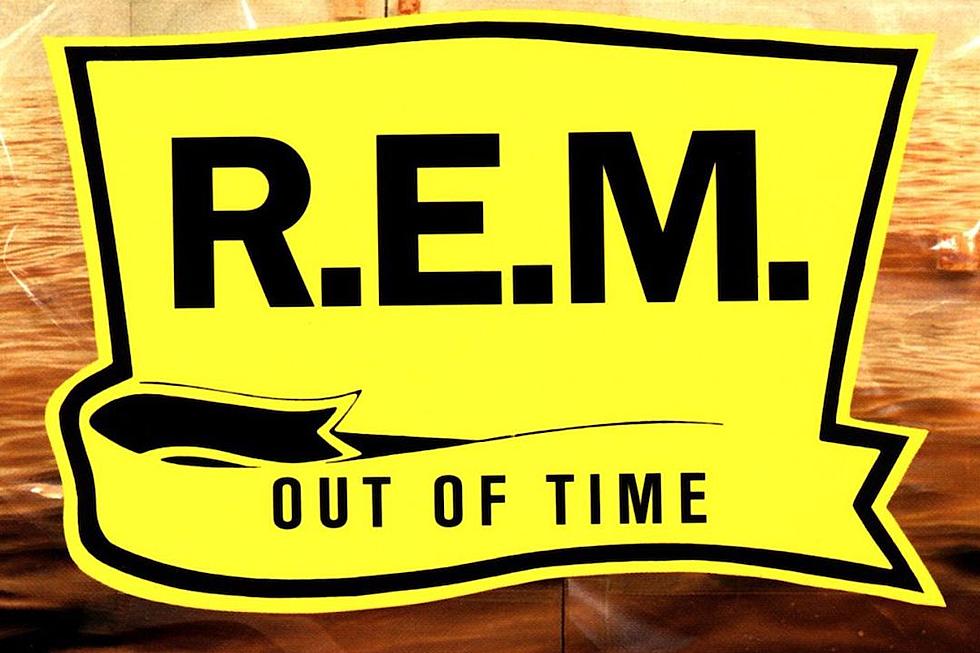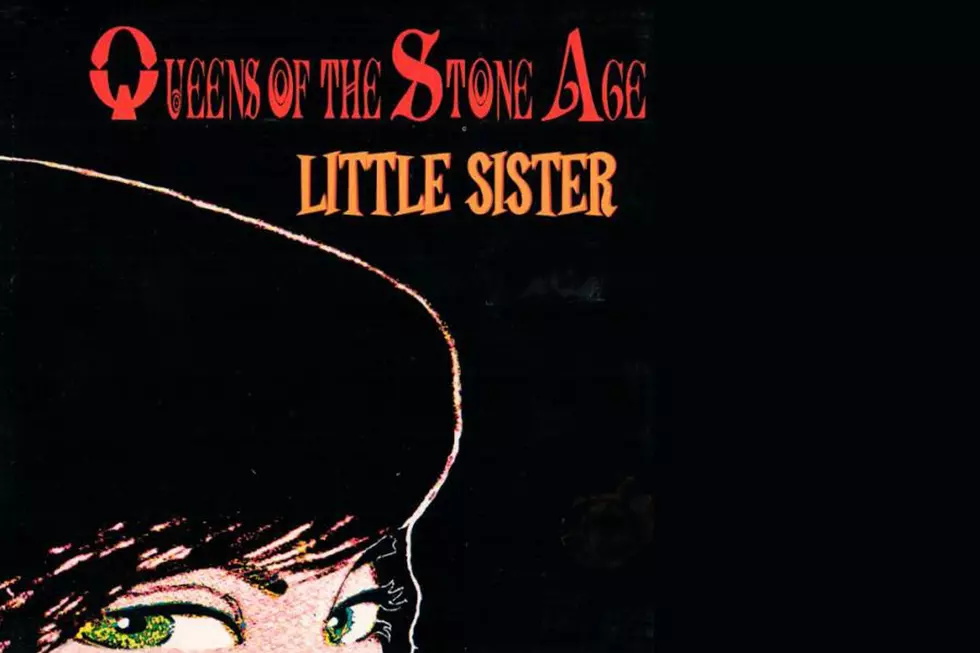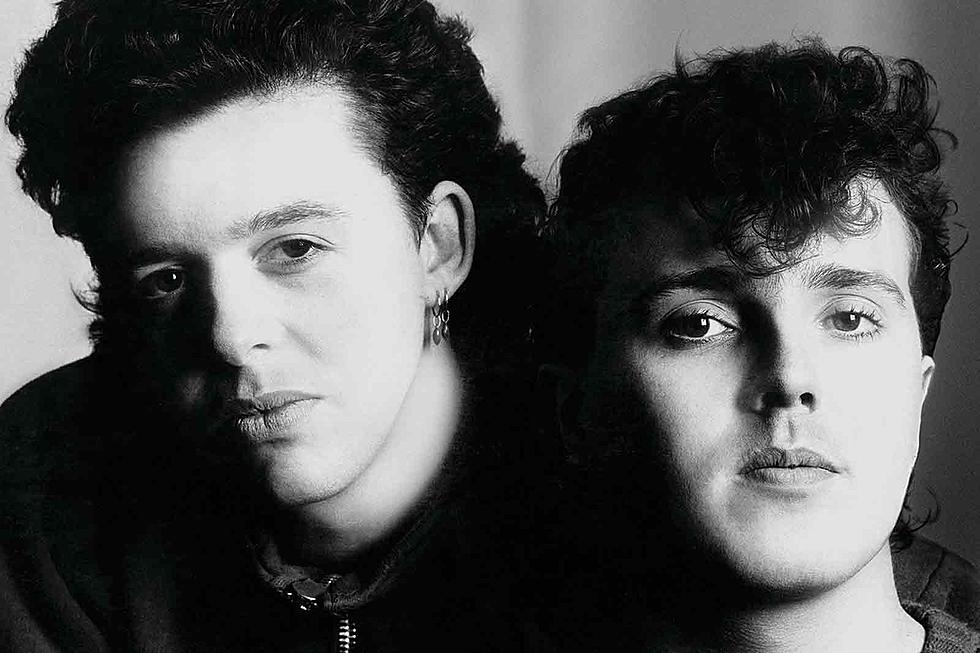
Six Years Ago: Underground Icon Jay Reatard Dies of an Overdose
During the past few weeks, the music world has been staggered by the deaths of icons Scott Weiland, Lemmy Kilmister and David Bowie. Those are high fidelity losses, the kinds that bleed through the bubble of music culture and affect even casual music fans. For example, it seems like everybody on the planet knew who Bowie was, and most everyone knew at least one of his songs.
But the music world is enormous, and few performers find their way into that exalted land of giants. Completely at the other end of the music universe stand the lo-fi musicians – the cassette traders, home tapers and club performers whose audiences are a fraction of Lemmy's but every bit as passionate. This is the world of K Records, early Elliott Smith and a high school dropout named Jimmy Lee "Jay" Lindsey, Jr.
Lindsey was a self-taught musician who was writing songs before he even knew how to tune a guitar. As a kid, he'd simply tune the instrument to what sounded right to him and then develop his own chords, later learning and adopting the standard guitar tuning so that he could play with other musicians.
At 15, he caught the lo-fi punk band the Oblivians opening for Rocket From the Crypt in his hometown of Memphis. Like the Ramones, the members of the Oblivians each adopted their band name as their surname. Lindsey was taken by the band's sound, which he described as "drunken sloppy... with no bass," and befriended Eric Oblivian/Friedl.
This was the turning point in Lindsey's life. He holed away in his bedroom, recording songs on a cassette player as a one-man band named the Reatards and, like the band that inspired him, he changed his name accordingly. Jay Lindsey became Jay Reatard.
Friedl had his own indie label, Goner Records, so Reatard sent him a demo tape. Impressed, Friedl agreed to cut a record with the kid. That first release was the "Get Real Stupid" single, released in 1997 and, in true punk fashion, featuring four tracks in under seven minutes.
He followed the single with the self-released F---- Elvis Heres the Reatards prior to releasing Teenage Hate, his first official album in 1998. That same year at age 18, he left Memphis for tours of the West Coast and Europe. His friend Andrew Earles recalled for SPIN: "It always impressed me that Jay knew, at such a young age, that he had to make a name for himself outside of the Memphis city limits, and that this act would be an immensely satisfying way to erect his middle fingers at the terminally provincial indie rockers who considered themselves of great artistic importance because they drew 100 locals to a Saturday night show."
Between that first single and his death, Reatard released more than 100 records, 22 of which were full-length albums. Equally impressive is the number of bands with which he recorded. In addition to his work with the Reatards and his solo projects, he recorded with Lost Sounds, Angry Angles, Nervous Patterns, Terror Visions, Final Solutions and Bad Times.
It wasn't all punk, either. Reatard could write a brilliant pop hook like 2009's "It Ain't Gonna Save Me." He was dedicated to sharing his artistic journey with his audience rather than curating a specific image.
In a 2007 interview with the music blog Turn It Down, the musician commented on fans who reacted poorly (even violently) to his refusal to be a punk purist: "Some of those people cross the line. They think they own musicians, they think they own a band and if the band changes they take it personally, it’s really strange. I can’t relate to it. If a band I like change[s] into something I don’t like I just stop listening to them, I don’t go to their show and throw vodka in their eyes.”
His most commercially successful album, 2009's Watch Me Fall, shows Reatard grappling with the punk rock monster he created, at least according to Friedl. In his eulogy for his friend, Friedl said: "In [the song] 'Rotten Mind,' he steps back for a hard look at himself and the way others perceived him, finally asserting, 'I know where I want to go.' The whole album felt like real-time evolution. The song titles are depressive, but the music is not. It's the sound of someone confronting his own doubts and demons and vaulting over them."
Sadly, Reatard never quite made it over those demons. On January 13, 2010, the musician's roommate found him dead in his bed. The cause of death was determined to be a "cocaine toxicity" and alcohol. To his friends and fans, Reatard was every bit as legendary as the likes of Scott Weiland. But what makes this passing so tragic in a broader context is that Reatard was right on the cusp of breaking through to the larger music world. With his inestimable talent as both a performer and songwriter, a career not unlike Jack White's wouldn't have been out of the question, in terms of popularity and influence, that is. He was a giant who just couldn't stick around long enough to become gigantic.
Musicians We Lost in 2015
More From Diffuser.fm









